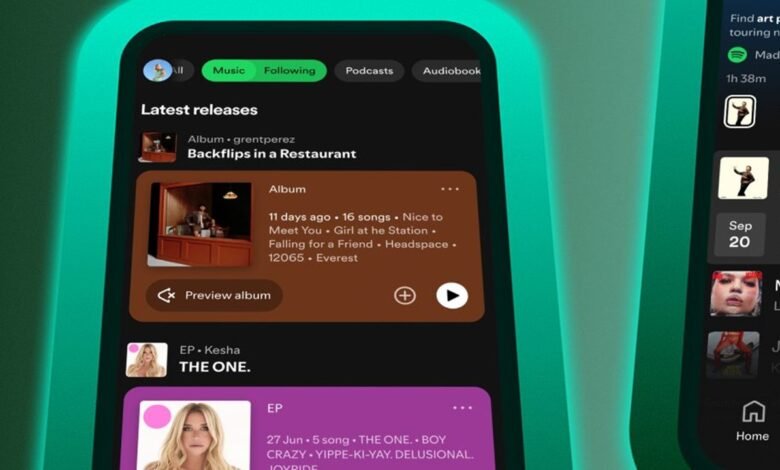
Spotify’s recent Terms of Service update includes a major shift: your Spotify account has to be created in your country of residence, and you’ll only get access to the version of Spotify that is offered there. If you live in Kenya, for instance, your account should be Kenyan. No more pretending to be somewhere else to unlock cheaper plans or different catalogues.
This may seem like just a tightening of rules, but this kind of change often signals something bigger. To understand how big, let’s compare with what Netflix and YouTube have done, and what this could mean for Spotify users in Kenya.
What Spotify’s new residency rule is
- Creation location matters: You have to register your Spotify account in the country where you actually live.
- Access limited to your country’s version: The catalogue, the pricing, the subscription offers—Spotify is now saying you’ll only get what is available in your country of residence.
- No more region-shopping: Users who used VPNs or other methods to pretend to be in other countries (to get better catalogues, promotions, or lower prices) are now explicitly going against the new Terms.
Why Spotify might be doing this
This isn’t just about geography. Here are possible motivations:
- Licensing & copyright rules
Music licensing is usually negotiated per territory. Artists, record labels, and publishers often require Spotify to restrict certain content in some countries. Having accounts clearly tied to residency simplifies licensing enforcement. - Uniform pricing & tax compliance
Spotify wants to ensure people pay the right price for their actual country, including local taxes (VAT, etc.). If people are using cheaper prices by pretending to be elsewhere, Spotify loses revenue, and local governments lose tax income. - Preventing abuse / mods / VPN-based loopholes
As seen with other tech services, some users get around price differences or regional restrictions using VPNs or modified apps. By making the residency requirement explicit, Spotify gives itself legal ground to enforce against users using such methods. - Consistency of features and support
Certain Spotify features, promotions, customer support, or content may vary by country. Tying users to their country helps create a cleaner experience roadmap.
What Netflix & YouTube show us
Looking at other streaming services helps us predict what Spotify might do.
- Netflix cracked down on password sharing. If someone was using accounts outside the household, Netflix started enforcing household rules, charging extra or blocking access.
- YouTube is doing something similar with family plans: members must live in the same house as the family plan manager. They now check addresses or location data and may suspend or pause family plan access if members don’t pass the “same household” requirement.
Spotify’s residency rule is less about who shares accounts, and more about where your account is registered and used. But the principle of tightening control is similar.
What you should do now (so you don’t get caught off-guard)
- Make sure your account is registered in your actual country of residence.
- Avoid using VPNs, mods, or alternate region app stores/versions just to access foreign Spotify Premium pricing or different catalogues. These could violate the new Terms.
- Keep an eye on emails from Spotify: if they plan enforcement (warnings, suspensions), you’ll want to know early.
- If you travel frequently: check Spotify’s policy for “temporary travel” or roaming. Sometimes companies allow some flexibility for time away, so you’re not cut off when abroad.
Spotify’s rule that “your account must live where you live” might seem small, but it changes the game. It’s not just about catalogues. It’s about control, pricing, and regional compliance. And given what Netflix and YouTube have done, these kinds of rules usually come with further enforcement.
For Kenyan users, this may mean fewer “hacks” or workarounds, but also potentially better local content and more consistent features. As always, staying legit likely will be less risky and more sustainable.





